
Pigeons can sense if individuals have cancer or not, and some animals fake pregnancies to receive extra food from their carers. We can learn something new every day, and the things we learn may make us smile, astound us, or even scare us.
1. A lot of lipsticks have fish scales in them.

Many lipsticks contain the chemical guanine, which gives them a shimmering finish. This component is derived from fish scales and is known as “pearl essence” in the cosmetic business.
2. Pigeons are just as good as human experts in detecting breast cancer in mammography.

Pigeons were taught to distinguish between the slides of patients with breast cancer and those of healthy persons in an experiment conducted by scientists. The birds can precisely sort the slides into categories and tell which ones have cancer and which ones don’t.
3. Nicotine is found in eggplant.
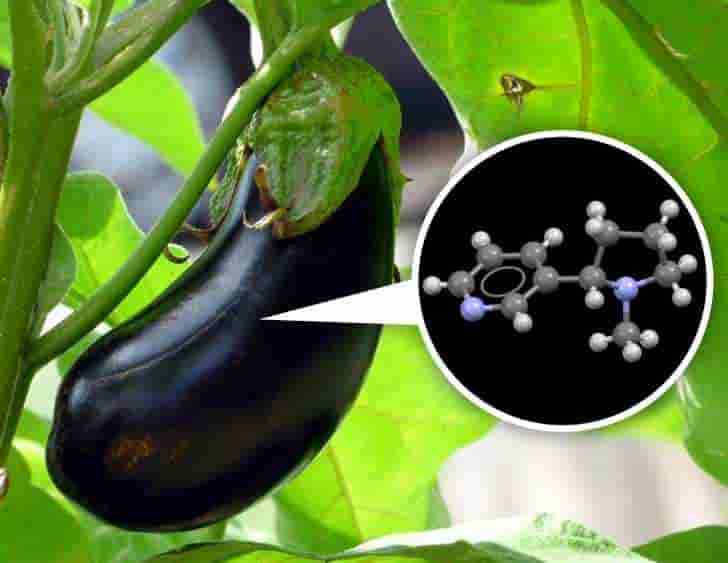
Eggplant is a berry, and its seeds are high in nicotine. Its content per gramme of eggplant is around 100 nanograms. However, you’d have to eat about 20 pounds of eggplant to get the same amount of nicotine as one cigarette, and you’d probably end up in the hospital. This would be due to the massive quantity of fibre consumed by eating so much eggplant in one sitting, rather than the nicotine.
4. Dogs can view TV screens as well as humans thanks to high-resolution flat screen TVs.

Dogs have the ability to view images on television screens in the same way that we do, and they are intelligent enough to recognise animals in movies and television shows in the same manner that they would in real life. They can even recognise animals they’ve never seen before, as well as dog sounds from television, such as barking.
5. In Japan, there is a spa where you can have a noodle bath.
“Lately, people are really worried about having beautiful skin, and they know about the effects of collagen, which is found in our pork-based broth,” says Ichiro Furuya, the spa’s proprietor. Everyone can enjoy themselves while benefiting from the health benefits of ramen noodles in this bath.”
6. Cows who are given a name produce 258 litres more milk than cows who are not given a name.

To discover if there was a link between the amount of milk produced and cow naming, British researchers analysed data from the country’s National Milk Records with replies from 516 dairy producers in a survey. Dairy farmers who addressed their cows by name received 2,105 gallons (7,938 litres) of milk every 10-month lactation cycle, compared to 2,029 gallons (7,680 litres) from their cows.
7. Bananas are radioactive.
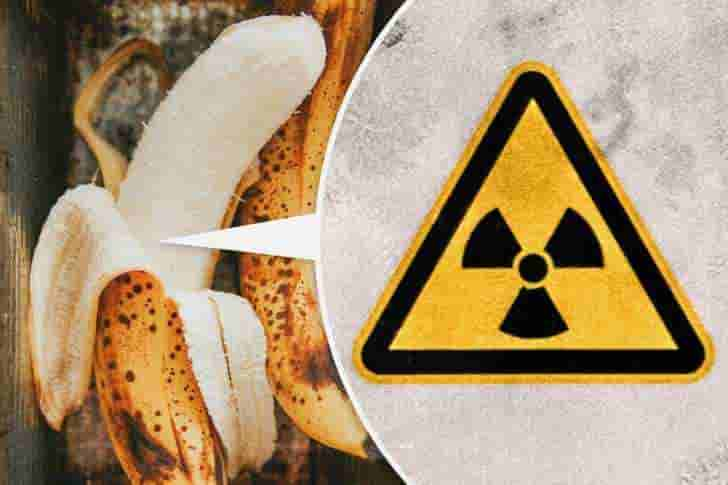
Bananas are grown in over 1,000 different types all over the world. Bananas contain the radioactive element Potassium-40, which has been scientifically proved. There’s even a radiation measurement known as “Banana equivalent dose,” which refers to the amount of radiation absorbed by one individual while eating one banana.
8. There is 0.2 milligrammes of gold in the human body.
Gold is contained in the blood and is required for the health of our joints. It is also necessary for the transmission of electrical signals throughout the body. An typical person’s body, weighing 70 kilos, would contain 0.2 milligrammes of gold in total. The amount of gold in the human body would be 0.22 millimetres if it were transformed into a solid cube.
9. By peeing in the shower, you can save 584 gallons of water.
According to a study, not flushing the toilet can save 1.6 gallons of water if you shower once a day and pee during that shower. So, if you do the arithmetic, you could save 584 gallons of water over the course of a year just by peeing in the shower.
10. In Paris, there are no “Stop” signs on the roads.

In Paris, there are 6,100 streets, but none of them have a stop sign for motorists. Between 2012 and 2014, the last stop sign was removed, and since then, Parisian traffic has been completely devoid of them. The reason for this is that in Paris, the car on the right always has priority.
11. When dressed as Batman, kids perform better on boring tasks.
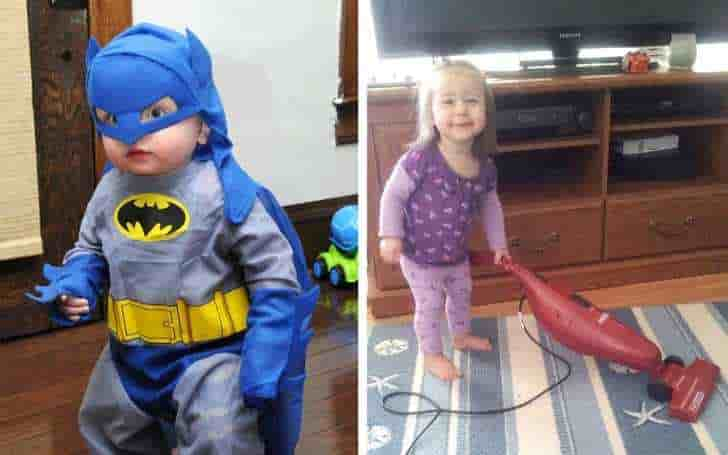
According to a study, children who are dressed in a Batman costume are more likely to work harder.
However, The Dark Knight isn’t the only superhero costume that inspires kids to be heroes in everyday situations. Children dressed as Bob the Builder, Rapunzel, and Dora the Explorer appeared to work harder, according to scientists.
12. In Japan, there is an underwater mailbox where you can send mail.
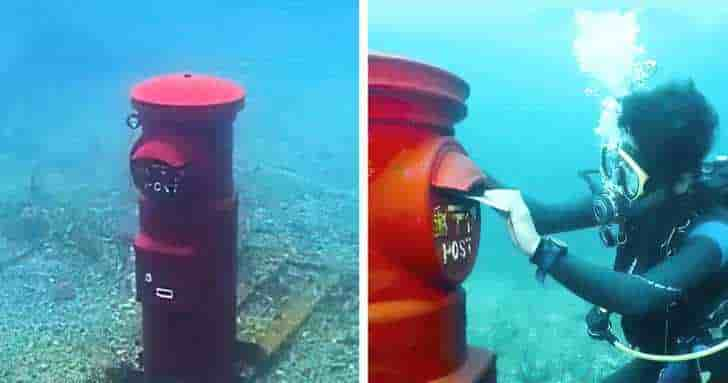
Every day, the deepest underwater box receives 1,000 to 1,500 pieces of mail, many of which are sent by family members for their loved ones, and this small piece of infrastructure is extremely important. It’s located in Susami Bay, Japan, and was sunk 10 metres off the coast. While diving, you can purchase a waterproof card, write a message on it, and send it to whomever you want.
13. The sweetness of an apple has nothing to do with its colour.
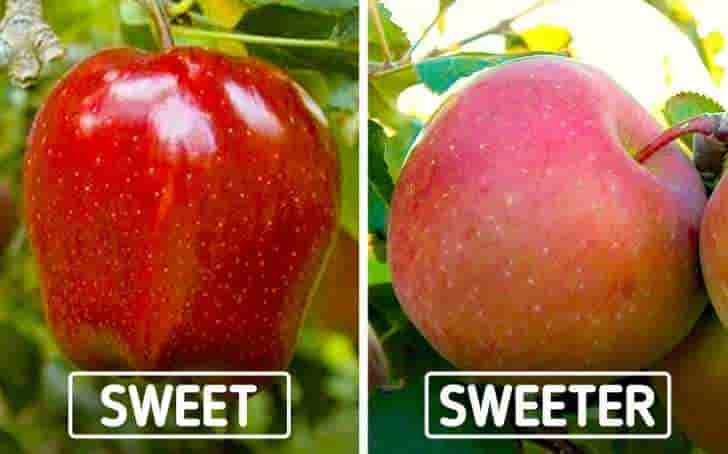
The Red Delicious, which has a deep red colour, is less sweet than the Fuji, which has a faded red colour but is considered a “super-sweet” variety, according to an apple classification guide.
14. Babies’ vision is fuzzy when they’re born, and it doesn’t grow super-sharp until they’re roughly a year old.

When your baby is born, they have fuzzy eyes that see you and the world around them. They can concentrate better on objects up to 10 inches distant from their face. While you’re holding or nursing your baby, this is the ideal distance for them to look at your face.
Your baby’s eyes can follow things around at the age of three months, so if you wave a colourful toy near their eyes, they will track the movement.
By the age of twelve months, newborns can see everything clearly, both close up and far away. They can even focus swiftly on moving objects.
15. Pandas are capable of feigning pregnancy.

Because panda birth rates are exceptionally uncommon, caregivers normally consider a panda’s pregnancy as an unique occasion. They pay extra attention to this panda and provide it more delectable food. Pandas have also been known to pretend to be pregnant in order to gain more attention and treats from their keepers. The false pregnancy is difficult to distinguish from a real one right away since the animals exhibit all of the indications of pregnancy, including bodily changes.
16. Crows bear grudges against each other.
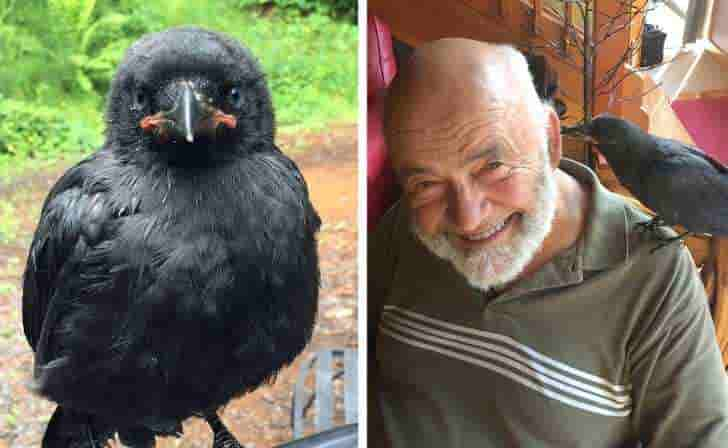
According to research, crows remember the faces of people who have wronged them and can subsequently recognize and avenge them.
17. During WWII, Queen Elizabeth worked as a mechanic.
Embed from Getty ImagesElizabeth was an 18-year-old princess during WWII. She enlisted in the Women’s Auxiliary Territorial Service and had her mechanic training in London. She worked as a military truck driver as well. Elizabeth is the only living head of state who served in World War II and is the only female member of the royal family to have done so.
What is a recent truth that caused you to race to your phone and Google it because it felt so unbelievable to you?
Preview photo credit fruit-trees.com, MarkusHagenlocher / Wikimedia Commons
